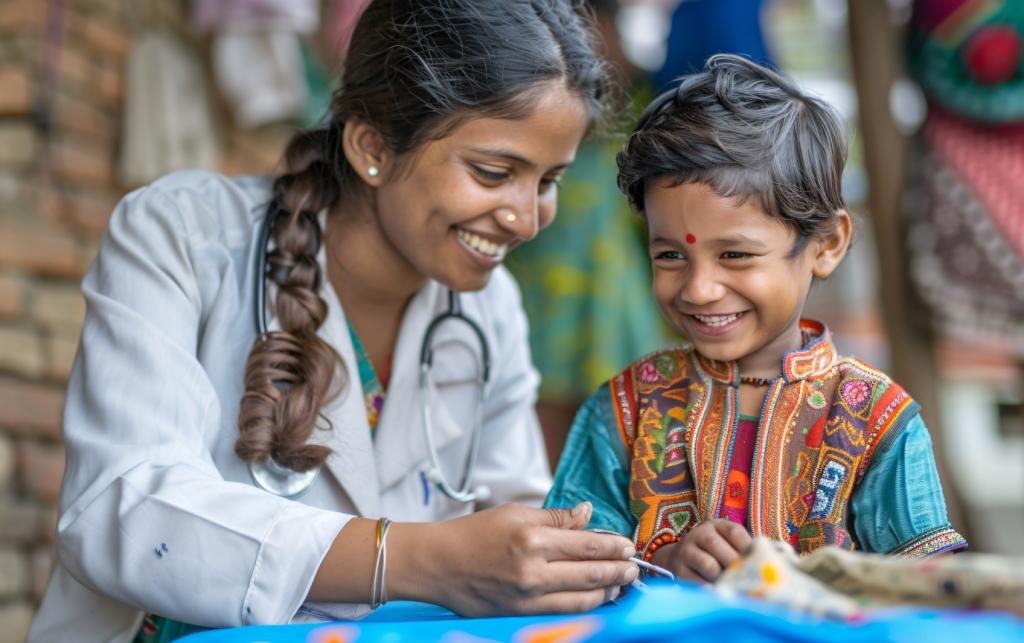In today’s rapidly evolving world, financial independence is no longer a luxury—it is a necessity. For women, in particular, financial independence holds the power to transform lives, empower families, and drive societal progress. It is about more than earning money; it’s about reclaiming agency, making informed choices, and living with dignity and confidence.
1. Defining Financial Independence
Financial independence means having the ability to support oneself without relying on others, particularly for essential needs such as food, housing, healthcare, and education. For women, this autonomy serves as a foundational pillar for self-respect, personal growth, and freedom from oppressive dynamics.
2. Breaking Generational Cycles
When women are financially independent, they have the means to break generational cycles of dependency and poverty. They can invest in their children’s education, healthcare, and well-being, creating ripple effects that uplift entire communities. Daughters who witness financially empowered mothers are more likely to pursue education and careers, creating a legacy of strength.
3. Empowering Choices and Voice
Money gives women a voice in households, workplaces, and society at large. Whether it’s leaving an abusive relationship, starting a business, or supporting social causes, having control over one’s finances means having control over one’s life.
4. Economic Contribution and National Growth
Women constitute nearly half of the population, yet their contribution to the economy remains underutilized in many parts of the world. Empowering women economically has a direct impact on GDP, workforce productivity, and inclusive growth. When women thrive financially, nations prosper.

5. Confidence, Mental Health, and Dignity
Financial security is closely linked to mental well-being. Women who manage their own finances often report higher self-esteem and lower anxiety. It fosters a sense of achievement and provides a cushion against life’s uncertainties. Knowing that one can stand on their own feet brings unparalleled dignity.
6. Barriers Still Exist
Despite progress, many women still face barriers such as gender pay gaps, lack of financial literacy, limited access to credit, and societal norms that discourage independence. Rural women, single mothers, and women from marginalized communities are often the most affected. Bridging these gaps requires collective action—education, policy change, and community support.
7. The Role of Education and Mentorship
To foster financial independence, girls and women must be equipped with financial education from an early age. Understanding savings, investments, budgeting, and credit empowers them to take charge of their futures. Moreover, mentorship programs and women-led networks play a critical role in sharing knowledge, building confidence, and creating opportunities.
A Step Towards True Equality
It paves the way for equality, justice, and progress. As we move toward a more inclusive future, every woman must have the right—and the means—to be financially free. Because when a woman becomes financially independent, she doesn’t just change her own life—she changes the world.

Shared by: Sanjeeta Mohta,
Talent and finance manager








